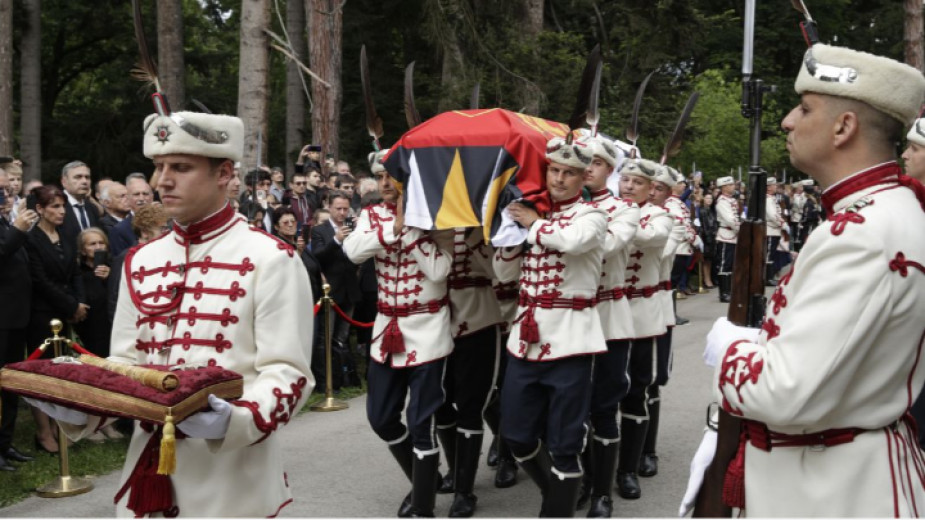 9
9
76 years after his death, the remains of the first Bulgarian Tsar of the Third Bulgarian Tsardom, Ferdinand I, were returned to the "Vrana" Palace and his last will has finally been fulfilled. The Tsar wrote that he wished to be buried in the country which he had been ruler of for 31 years. This will was expressed by Tsar Ferdinand also at the very end of his life, when he turned to adjutant Petar Ganchev with the question: "Ganchev, when are we leaving for Bulgaria?"
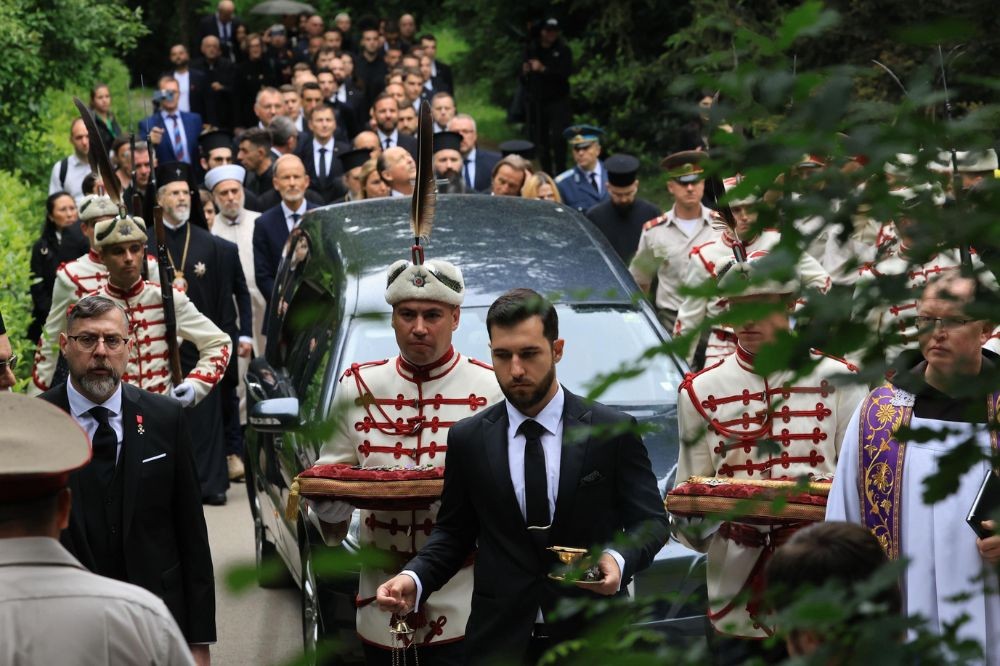
"This is not the first attempt and I hope it is the last one," historian Petar Stoyanovich said during a special press conference in one of the halls of the "Vrana" Palace. The reasons for not making the step to bring back Tsar Ferdinand’s mortal remains in the past were both political and related to public opinion:
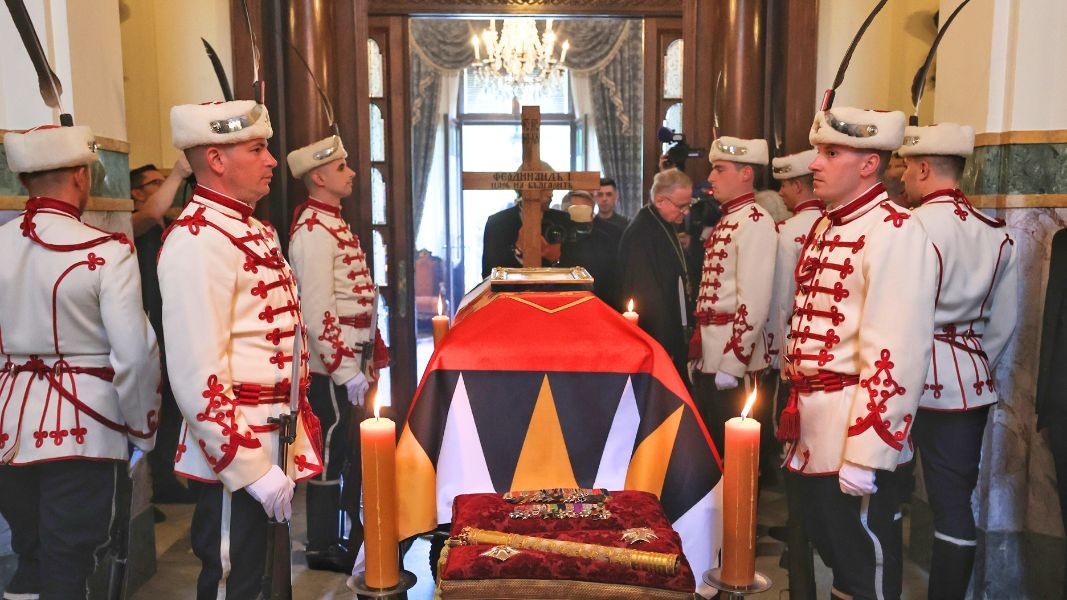
"I have been thinking for the past few days that apparently the Bulgarian public opinion also needed to move away in its transition to democracy from the black and white colors which we usually use to depict our history. The process itself and the opinion about the upcoming return of the mortal remains needed to mature in Bulgarian society. I think this is a fact and is proven both by the opinions of the Bulgarian authorities and the respect of the Bulgarian society to Tsar Ferdinand who ruled Bulgaria for 31 years. Everyone came here led by their own desire, by the need to feel they are citizens, to feel a part of the Bulgarian history, and if you will - to feel a part of the general perception of the Bulgarian society."

Despite the unity demonstrated by the people who came to bow to Ferdinand, a significant part of society tends to judge his reign based on just 6 of his 31 years on the throne. The greater period of his reign was peaceful and constructive, historian Petar Stoyanovich recalls and considers it deeply wrong to give assessments of his contribution to Bulgarian development based just on the last few years of his rule:
"It is not possible for 6 wartime years to erase what was done for the Europeanization and modernization of Bulgaria in the other 25. This is a much shorter period than the Bulgarian transition to democracy, which I don't know if it has ended or not. But for 25 years under the rule of Ferdinand I, Bulgaria, from a country without infrastructure, without an army, without a state-level educational system, became a cultured country accepted into the European family. Of course, Tsar Ferdinand is not the only one responsible for the fact that Bulgaria became a European country. But he was at the head of this movement, together with the political, party and army elite of Bulgaria, as well as the intelligentsia. In the same way, the loss of 3 wars ( The First Balkan War, the Second Balkan War and the First World War) cannot be the fault of just one person. It is a joint fault in which he was a part of. So, when we look at our history, it is good to escape from the labels and finally let it be examined and evaluated by historians. They work with facts, with documents and make a correlation between them. From there, they leave it up to the public to make up their own minds."
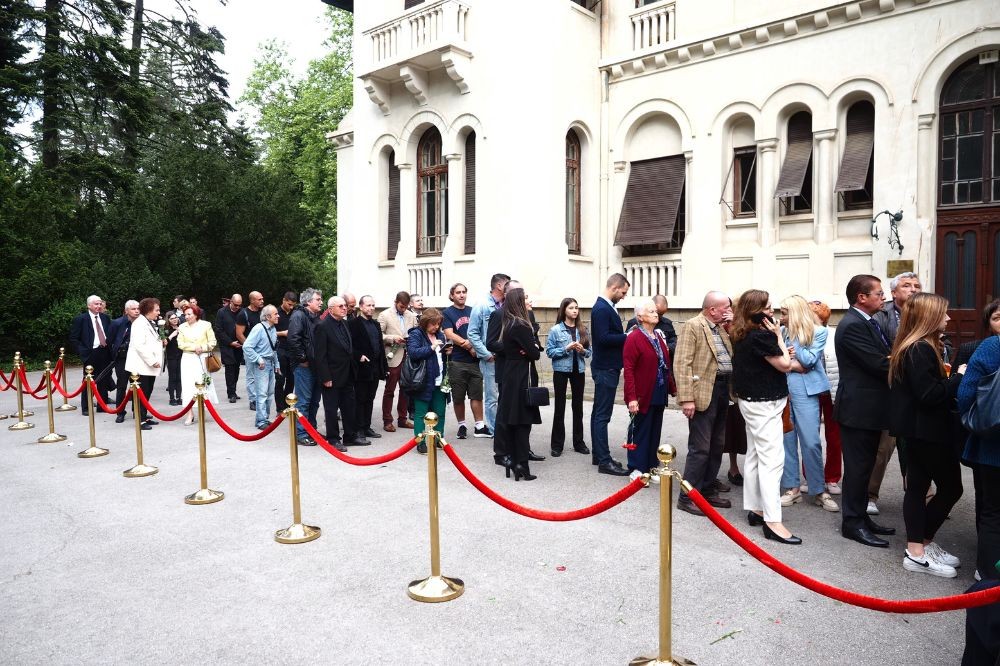
When it comes to what modern generations in this country should know about Tsar Ferdinand and his role in Bulgarian history, Prof. Stoyanovich says:
"Every Bulgarian child, in my opinion, should be able to explain in a few words why it is important to be European. In this way, when they can explain to themselves why Bulgaria has become a European country again, they will be able to understand enough about the people who made Bulgaria a European country after the Liberation. So, quite naturally, Tsar Ferdinand will be among them. But studying him separately is, in my opinion, an unthinkable effort, a naivety that we should not allow ourselves. He must be seen in the context of his time, in the context of his character, and judged objectively, calmly and fairly, without any concealment of the truth and without claims that cannot be proved by documents."
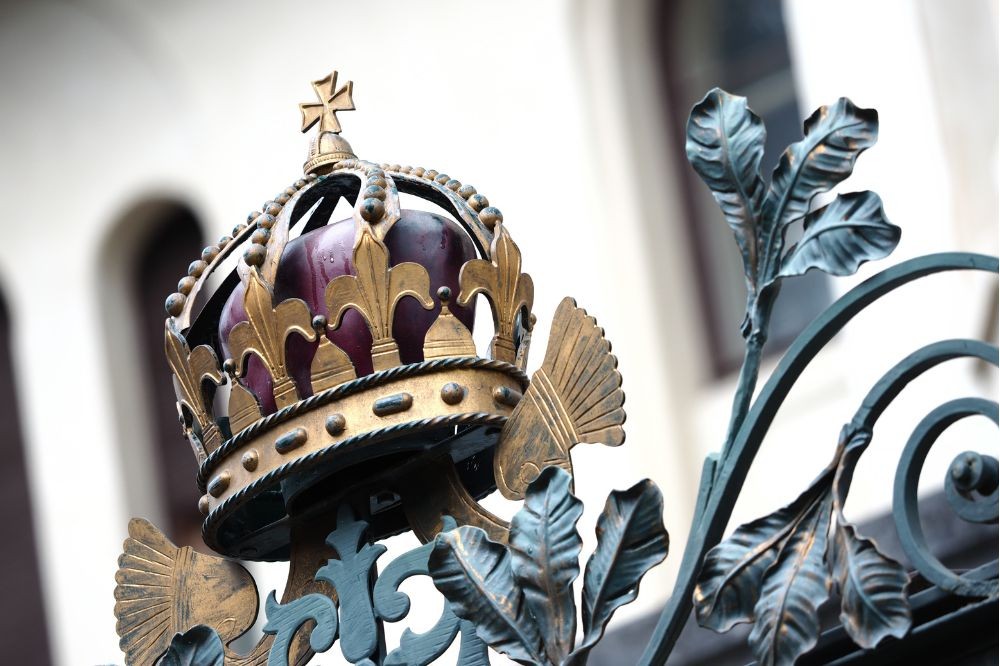
Read also:
Translation and publication in English: Alexander Markov
Photos: Tsar Boris and Tsaritsa Joanna Fund, BTA, BGNES
The Orthodox Church celebrates the Exaltation of the Holy Cross. The holiday celebrates the miraculous finding of the cross on which Jesus Christ was crucified. It is one of the 12 major Christian holidays of the year. When the cross..
Once upon a time, there was a remarkable neighbourhood where the construction of Old Sofia first took shape. Situated between the Royal Palace and the railway station, it was the main artery of the city - a hub of activity. This area was not only a place..
Vintage cars from the National Service for Protection (NSP) fleet are on display at the National History Museum from today until 15 September. The exhibition marks the 145th anniversary of the service. Visitors can see four rare vehicles preserved..
There are three special days on the calendar of the Bulgarian Orthodox church, on which believers pray to God and give alms to honour the memory of..
Volunteers joined the efforts to clean and restore the monastery St. Spas near Bakadzhik peak. The campaign is being organized on 2 November by Stoimen..

+359 2 9336 661
